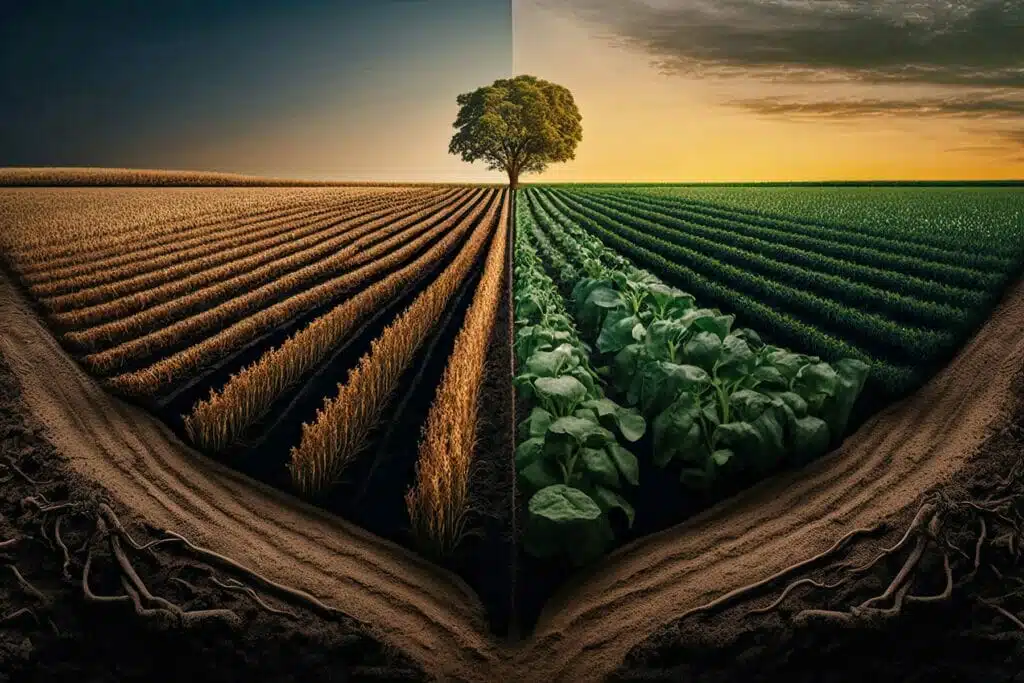In today’s world, global issues such as environmental pollution, climate change, and the depletion of natural resources have underscored the importance of sustainable living practices more than ever before. In this context, the use of recyclable bottles, containers, packaging, box and products plays a crucial role in environmental protection and sustainability. This article will explore the environmental, economic, and social benefits of recycling, supported by data, with a particular focus on the United States.
Environmental Benefits
One of the most significant benefits of recycling is the conservation of natural resources. Natural resources are limited, and their careless consumption can disrupt ecosystems. For instance, every year, 1 billion tons of plastic are produced globally, but only 9% of this plastic is recycled. In the United States, 35.7 million tons of plastic waste were generated in 2018, and only 8.5% of it was recycled. The use of recyclable bottles and packaging helps reduce the need for new plastic production, thereby contributing to the conservation of natural resources.
Moreover, recycling significantly reduces the amount of waste. According to the U.S. Environmental Protection Agency (EPA), recycling practices in 2018 resulted in 32% of the 292.4 million tons of waste being recycled. This has helped prevent the overloading of landfills and significantly reduced environmental pollution.
Economic Benefits
Recycling also offers important economic benefits. Firstly, the recycling sector provides employment opportunities to many people. For example, in 2016, the recycling industry in the United States created jobs for 1.1 million people and generated an economic impact of $236 billion. Additionally, the use of recyclable materials can lower production costs, providing economic advantages to businesses.
Furthermore, using materials obtained through recycling as raw materials for new products saves energy. For instance, using recycled aluminum requires 95% less energy compared to producing new aluminum. This not only reduces energy costs but also minimizes the carbon footprint.
Social Benefits
The social benefits of recycling should not be overlooked. Recycling practices contribute to raising environmental awareness within the community. Promoting recycling in educational institutions and communities helps foster environmentally conscious individuals in future generations. Moreover, recycling programs and projects support social cohesion and promote a culture of working towards common goals.
Individual Contributions
Individuals can contribute to recycling in simple yet effective ways. By using recycling bins at home to sort plastics, glass, metals, and paper, we can make a significant impact. Additionally, purchasing recyclable products and avoiding single-use plastic items can help reduce our negative impact on the environment.
For instance, every year, an individual’s recycling efforts can save 17 trees, 26,500 liters of water, and prevent 2.3 tons of carbon dioxide emissions by recycling just one ton of paper. Such small steps can create substantial impacts on a societal scale.
Conclusion
The use of recyclable bottles, containers, packaging, boxs and products offers significant environmental, economic, and social benefits. The conservation of natural resources, reduction in waste, energy savings, and increased environmental awareness are all positive outcomes that can be achieved through widespread recycling practices. Therefore, individuals, businesses, and governments must prioritize recycling to contribute to a sustainable future. Please remember to dispose of and sort your recyclable materials into appropriate recycling bins.
References:
The World Counts – “Plastic Waste” (2023)
EPA – “National Overview: Facts and Figures on Materials, Wastes and Recycling” (2018)
ISRI – “Economic Impact Study” (2016)
Aluminium Association – “Aluminium Recycling Facts” (2023) American Forest & Paper Association – “Recycling Facts” (2023)

Bir yanıt yazın